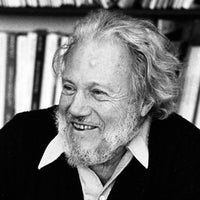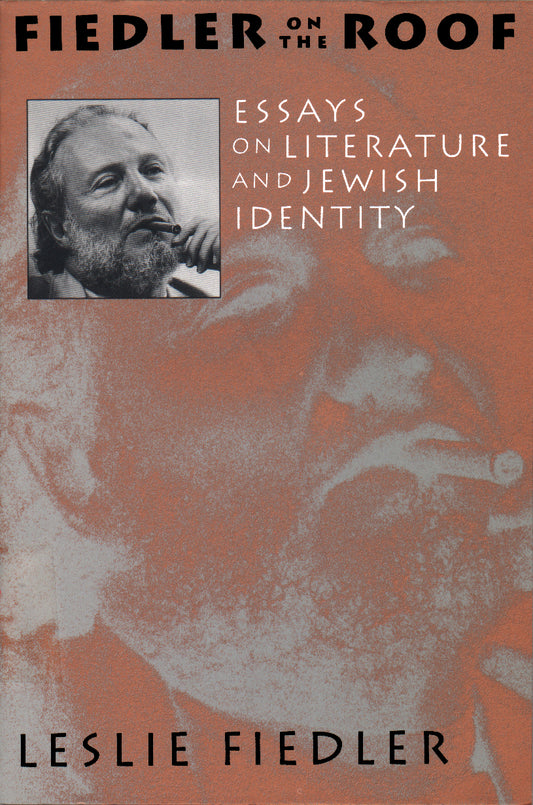Leslie Fiedler

Leslie Fiedler was born in New Jersey and educated at New York University and the University of Wisconsin. He was politically active from a young age; he made speeches on a soapbox on Bergen Street while in high school, joined the Young Communist League in college, and aligned himself with Trotskyism as a graduate student. After World War II, during which he learned and translated Japanese for the Navy, Fiedler received a postdoctoral fellowship at Harvard University, where he became involved in the Harvard Poetry Society. He published his first critical work during his time at Harvard. In the following years, Fiedler's work, both critical and creative, appeared in many prominent publications, including The Kenyon Review and Esquire. He also published dozens of books, some notably monumental tomes. His fame allowed him to divorce his wife of thirty-three years in order to marry a woman over twenty years his junior. He received numerous other honors for his influential and impressively prolific work, including a Chancellor Charles P. Norton Medal, a Hubbell Medal for lifetime contribution to the study of literature, and a National Book Critics Circle Ivan Sandrof Lifetime Achievement Award.


